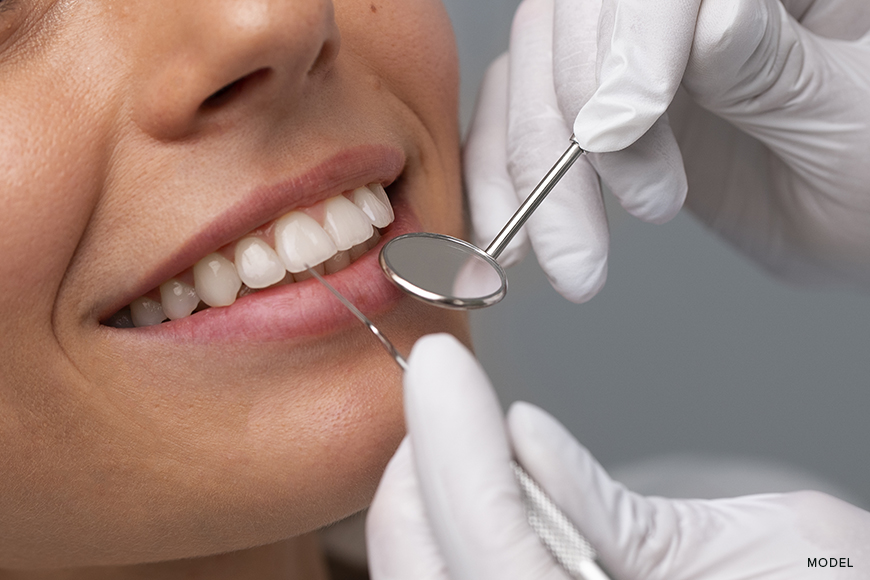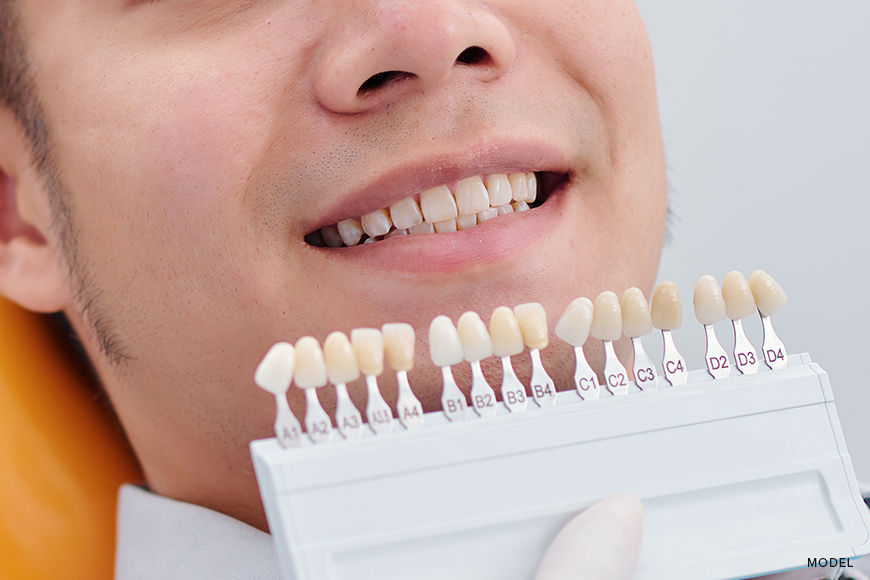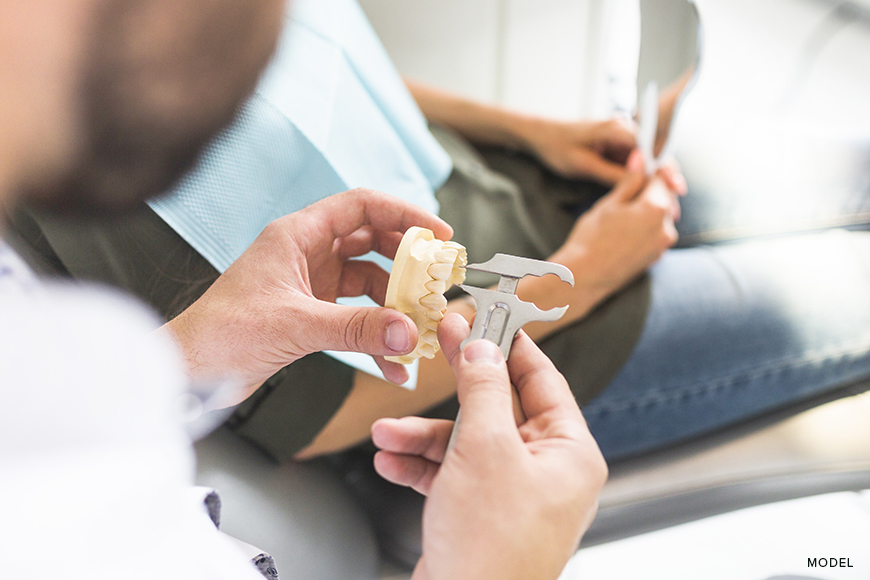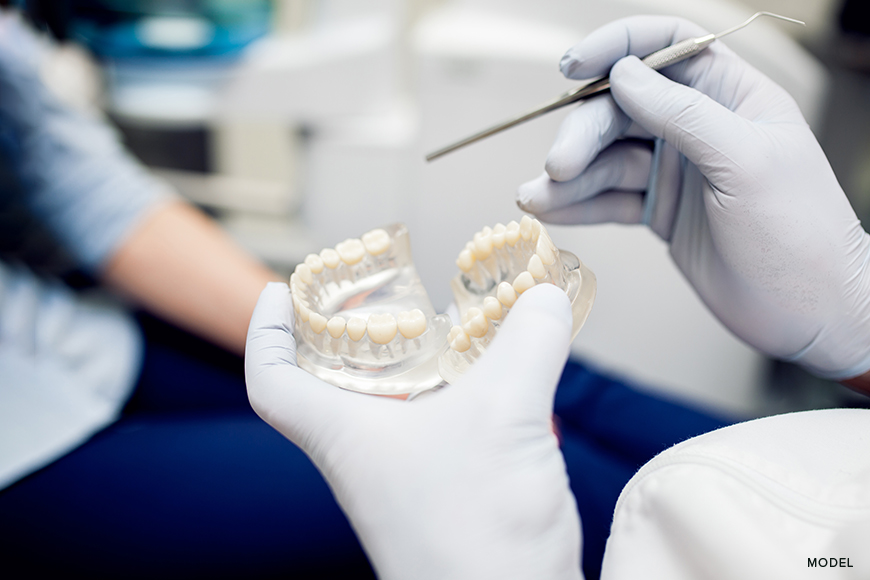The health of your teeth plays a crucial role in your overall well-being. When faced with dental issues, it’s essential to understand the options available for treatment. Two common procedures, dental crowns and fillings.
Dental Fillings: Preserving the Essence
Dental fillings are a common solution to address issues such as cavities and minor tooth decay. The procedure involves removing the damaged portion of the tooth and filling the space with a suitable material, typically composite resin or amalgam.
Advantages
- Less Invasive: The process of getting fillings is minimally invasive compared to dental crowns.
- Cost-Effective: Dental fillings are generally more affordable than dental crowns.
- Quick Procedure: The application of fillings is a relatively quick procedure, often completed in a single dental visit.
- Preserves Natural Tooth Structure: Fillings retain more of the natural tooth structure since they only address specific areas of decay.
Disadvantages
- Limited Durability: Fillings may have a shorter lifespan compared to dental crowns, especially in high-stress areas of the mouth.
- Aesthetic Concerns: While tooth-colored fillings are available, they may not match the natural color of the teeth perfectly.
- Not Suitable for Extensive Damage: Fillings are not the ideal solution for extensive tooth damage or large cavities.
Dental Crowns: Reinforcing Strength
Dental crowns, on the other hand, are used when a tooth faces significant damage or undergoes a root canal. Crowns act as a protective cap, encasing the entire tooth to restore its strength, shape, and appearance.
Advantages
- Durability and Strength: Dental crowns provide long-lasting durability and strength, making them suitable for extensive tooth damage.
- Aesthetic Options: Crowns can be made from various materials, including porcelain, to match the natural color and appearance of the teeth.
- Comprehensive Coverage: Crowns cover the entire tooth, providing comprehensive protection and reinforcement.
- Versatility: Dental crowns can be used in various situations, including after a root canal or for fractured teeth.
Disadvantages
- Invasive Procedure: The process of getting a dental crown involves more significant reshaping of the tooth, which can be considered more invasive.
- Higher Cost: Dental crowns are generally more expensive than dental fillings, considering the materials used and the complexity of the procedure.
- Multiple Visits: The placement of a dental crown often requires multiple visits to the dentist, including the initial consultation, tooth preparation, and crown placement.
Still can’t decide? Book a consultation with our experienced team at Madison Dentistry & Implant Center today.





